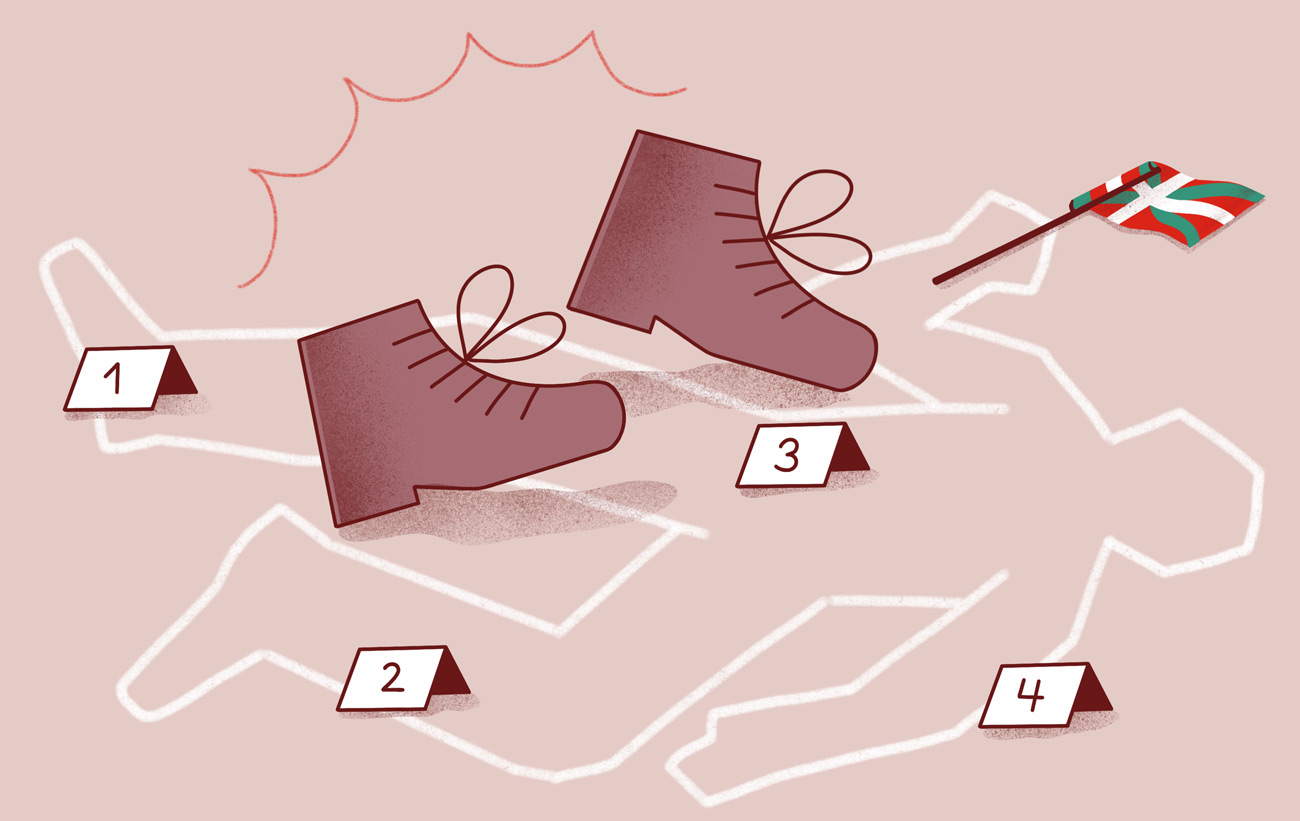

In a meeting with his co-workers to coordinate projects related to co-education, a teacher told the event when a child grossly insulted a classmate, acted correctly because the doubt arose and generated an interesting reflection among us.
The teacher said that she confronted the student with a strong feminist discourse, stating that she did not accept it and accepted it firmly, but with affection, and that now she is concerned if she acted correctly, because since then he has not perceived this type of behavior, but that he knows that the change of attitude of the student is not real, because he has only stopped doing it before him, as they have told him. Rather than removing these behaviors from the student, what he managed to do was not simply send him out of his eyes, but close the door to a possible intervention. It wasn't better if it wasn't that rigorous.
I am clear. They should not be warm with signs of structural oppression, as they need to know they are red streaks. The clear establishment of a limit does not, moreover, prevent the choice of other educational elaboration on the subject, but if it makes sense and we are consistent, it is necessary to establish the limit with rigour and firmness. It must be borne in mind, however, that our capacity for influence as educators is also limited, as we are often frustrated by the low fruit of our work.
What happens is that when a student did me in Spanish I also do it, without any intention to like it, demanding me to do it in Basque, not only in Spanish, but also in pride, or because sometimes some do it against the Basque. Some later comments gave me what to think. That you can't compare the two issues, that language isn't the same way, that there's no violence there, and blah blah blah. Always.
Spanish is no longer considered a symptom of oppression, because we all know how to speak Spanish (why?) and because we have come to believe that in a language there can be no enmity
Feminism has developed a complete ideology that provides a guide for women to denominate the problem, understand it, situate it, know how to face it, identify the smallest splashes of oppression and empower it. And it is appreciated because an ideology does not in itself imply liberation, but it is an essential starting point and support in the work of psychological emancipation.
But what about the oppressed Basques? The hegemonic ideology of the conflict we suffer has left out the count of oppression, with the consequences that this entails. What stands out most is the linguistic issue, because it is the main characteristic of the Basques, and therefore gives us the measure of the popular pulse. Well, in the erroneous diagnosis being made, and in the naive solutions being proposed, the serious ideological regression of this country is very worrying.
Spanish is no longer considered a symptom of oppression, because we all know how to speak Spanish (why?) And because, embraced by the ideology that languages are always good, we have come to believe that there can be no enmity in a language. But those who do not see domination here but cultural diversity, how do they explain that diversity is so Spanish on this side of the Basque Country, and so French on the other?
Not feeling oppression is a qualitative leap in the process of assimilation, as a consequence of the fact that Spanish (quality) or French (quality) are being assimilated in this way so sweet. Do we let you get it so easy?